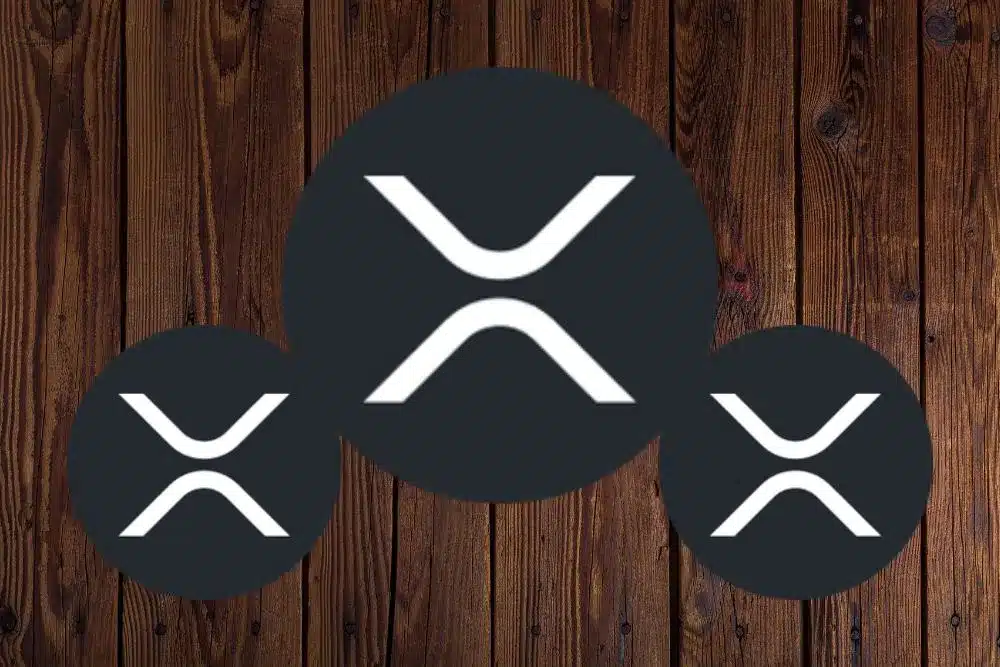The XRP Ledger (XRPL), developed by Ripple, is under scrutiny for its lack of incentives for developers and community members. Unlike many blockchain networks, XRPL operates without rewards for node operators, a feature it shares with Bitcoin. However, recent debates on social media have raised concerns about XRPL’s stability and the potential need for an incentive system.
Also Read: Ripple CEO Says Trumps Bull Market is Real, What This Means for XRP
Stability Concerns Emerge
Crypto enthusiast Dr. J. Scott Branson voiced concerns over XRPL’s reliability in a tweet, suggesting that users move their XRP to trusted exchanges. On Jan 5, 2025, he could not, in good faith, recommend anyone depositing their funds with the Ledger as they could be locked in.
Branson’s comments have raised many questions about the network’s state and node managers’ problems. Entrepreneur Zach Rector disagreed with Branson’s advice, stating that stopping transactions on XRPL may assist the validators in fixing some problems.
Rector emphasized that moving assets away from XRPL could exacerbate existing issues rather than solve them.
The Incentive Debate
Dr. Artur Kirjakulov, founder of XRPL-based platform XRMarket, weighed in, criticizing the absence of incentives for node operators. He said that running a node on XRPL means that certain costs are involved and that one does not earn anything from them.
In Kirjakulov’s opinion, this absence of financial motivation poses a serious threat to the stабility of the network. He said: “It is now high time that the way node operators are funded and appreciated was overemphasized”.
Kirjakulov’s comments have sparked broader discussions about whether XRPL should adopt an incentive mechanism similar to other blockchain networks to ensure stability and reliability.
Ripple CTO Response
Ripple’s Chief Technology Officer, David Schwartz, addressed the issue by drawing comparisons to Bitcoin. He noted that Bitcoin also lacks incentives for node operators besides the ability to access the network.
In a tweet, Schwartz explained, “People are only incentivized to provide infrastructure when it meets their needs.” He dismissed the idea that XRPL has an incentive problem, arguing that current issues are unrelated to the absence of rewards.
While Branson insisted that XRPL’s instability remains a concern, Schwartz maintained that validators should take responsibility for improving the network’s performance rather than relying on external incentives.
Conclusion
The debate surrounding XRPL’s stability and incentive structure underscores the challenges of maintaining decentralized networks without built-in rewards. As stakeholders continue discussing potential solutions, the focus remains on ensuring XRPL’s long-term reliability and trustworthiness for users and businesses.
Also Read: Ripple vs SEC Case Likely to End in April, Lawyer Says
